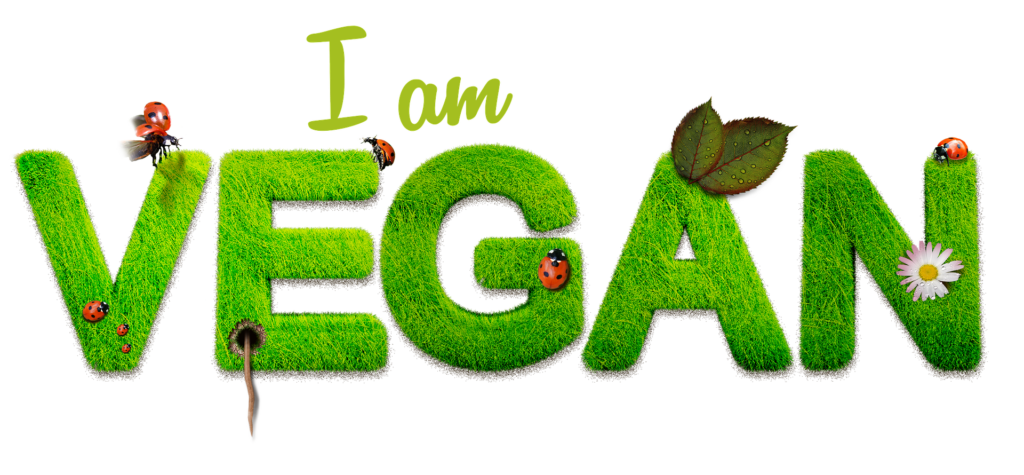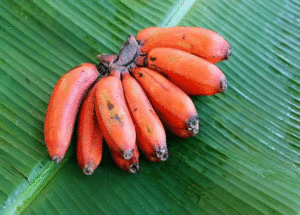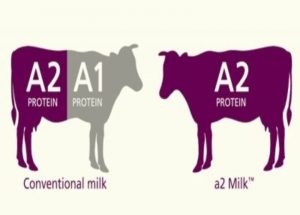Every year, on October 1st, World Vegetarian Day is celebrated around the world. In order to encourage vegetarianism, World Vegetarian Day 2020 will have its own theme.
This special day will encourage a vegetarian diet as more people will find it healthier and environmentally friendlier than a non-vegetarian diet. In addition, for animal rights activists, who advocate vegetarianism to try to save animal lives, this day is also significant. World Vegetarian Day’s key mission is to “promote vegetarianism’s joy, kindness, and life-enhancing possibilities.”
World Vegetarian Day every year has a different theme to reflect on. Here is a look at the primary theme of World Vegetarian Day 2020. Find out more about the brief history and purpose of World Vegetarian Day.
History Of World Vegetarian Day
The North American Vegetarian Society began World Vegetarian Day in 1977. Only a year after it was approved by the International Vegetarian Union in 1978, this day became an international event. In addition, the ‘Month for Vegetarian Food’ begins this day, an occurrence that begins with the International Vegetarian Union. According to the union, to promote the health and humanitarian benefits of eating only plant-based products, every October should be a month for vegetarian foods.
Importance Of World Vegetarian Day
Since 1977, World Vegetarian Day has been the day on which the month of Vegetarian Awareness begins. This month, many supporters of vegetarianism are spreading awareness of the benefits of plant-based food over meat-based products. Vegetarians perceive their diet to be more environmentally friendly. They also claim that vegetarian food is humanitarian since no animals are slaughtered for human consumption.
The month of vegetarian awareness ends in November. Many institutes and restaurants turn to a fully vegetarian menu on World Vegetarian Day. In addition, a number of people worldwide promote vegetarianism through social media and public events.

Image Source – Pixabay
World Vegetarian Day 2020 Celebration
The World Vegetarian Day celebrations start on October 1st but continue until November 1st. The day ends on November 1st with the added celebration of International Vegan Day.
In order to promote awareness of vegetarianism, activities are organized and scheduled for a full month. Worldwide, unique seminars and talks are carried out. These workshops address a broad variety of subjects, such as healthy ways of living, vegetarian diets, vegetarians, and immense benefits, etc.
Restaurants and dining locations are especially targeted institutions to encourage vegan foods. By selling only vegan meals for the whole month, snack bars, and chocolate/ice-cream parlors endorse vegetarian diets. Vegetarian food drives can be organized and food distributed to deprived communities by local NGOs. By keeping campaigns and placards, community health workers and volunteers can contribute to the day.
Exhibitions to facilitate vegetarianism is considered to be an integral part of the day’s celebrations at the national level. Promote local markets and, by incorporating new methods, help them sell their goods. Make online marketing simple and open to these communities, so that vegetarianism gets more popularity indirectly. The day is about the expansion of veganism, especially for the non-vegan community. Activities and gatherings across these non-vegan activities centers may also be coordinated.

Image Source – Pixabay
Benefits of a Vegetarian Diet
1. Reduces the risk of heart disease
the consumption of red meat contributes to heart and health issues. While fruit and veggies reduce the risk. This reduces risk. If you have a vegetarian diet, you have a decreased 32 percent chance of visiting the hospital because of cardiovascular disease.
This diet is full of nutrients and protein which helps increase immunity. A vegetarian diet helps to increase immunity. In the last 50 years, 70 percent of global diseases have been transmitted by animals in the World Health Organization states.
2. Reduces diabetes risk
A diet based on plants helps manage type 2 diabetes. In several forms of studies, it has been shown that if you want to minimize the risk of diseases, such as heart disease, cancer, then take a vegetarian diet. Increase the amount of food containing fruits and vegetables. The risk of colon cancer decreases to a great degree, according to studies conducted at Oxford University, if you exclude red meat from the diet.
3. Reduces the risk of viral infection
More than 90 percent of the world’s meat comes from factory farms, according to a 2013 UN Food and Agriculture Organization survey. Animals are kept in a tizzy at these farms, and cleanliness is not taken care of. The risk of transmitting viral diseases rises because of this. Congo Fever, a viral disease that has spread in Gujarat, has also been identified as a threat from infected animals to humans.
4. High fiber content
For proper digestion of food, fiber is necessary. It is found in fruit and vegetables in high amounts. In order to rapidly remove toxins and chemicals that inhibit growth, the system improves the body’s metabolism. As vegetarian foods typically are water-dependent, they also help to conserve the liquid in the body.
5. Helps in maintaining blood pressure
Low sodium and fewer fatty acids are in the vegetarian diet. The vegetarian food is often cooked in a smaller amount of oil that gradually helps to relieve blood pressure. Non-vegetarian foods must therefore be fried in more oils, contain more sodium, and a higher level of fatty acids that contribute to high blood pressure.
6. Improves mood
Vegetarian diet does not include a substance known as arachidonic acid that is linked by mood and chaos. The fish and meat can be found there. Vegetarians have less neuroticism and appear to have fewer mood swings as per the Croatian Center of Medical Research and Occupational Health.
Religions such as Hinduism, Jainism, and Buddhism celebrate vegetarianism in their kitchens every day. Their daily diet contains food obtained from plants, refined and prepared. Even by accident, they don’t eat meat products or animal foods. Their diet is richly herbal and complies with all vegetarian laws.
Celebrities popularise the vegan way of life with social media handles. Many cases and instances have taken place where people who have been on a non-vegetarian diet for a lifetime have been turned into vegans. This is supposed to be the kind of transition, and our joint efforts would lead to the right path.
Also Read: Effective Ways To Boost Metabolism













